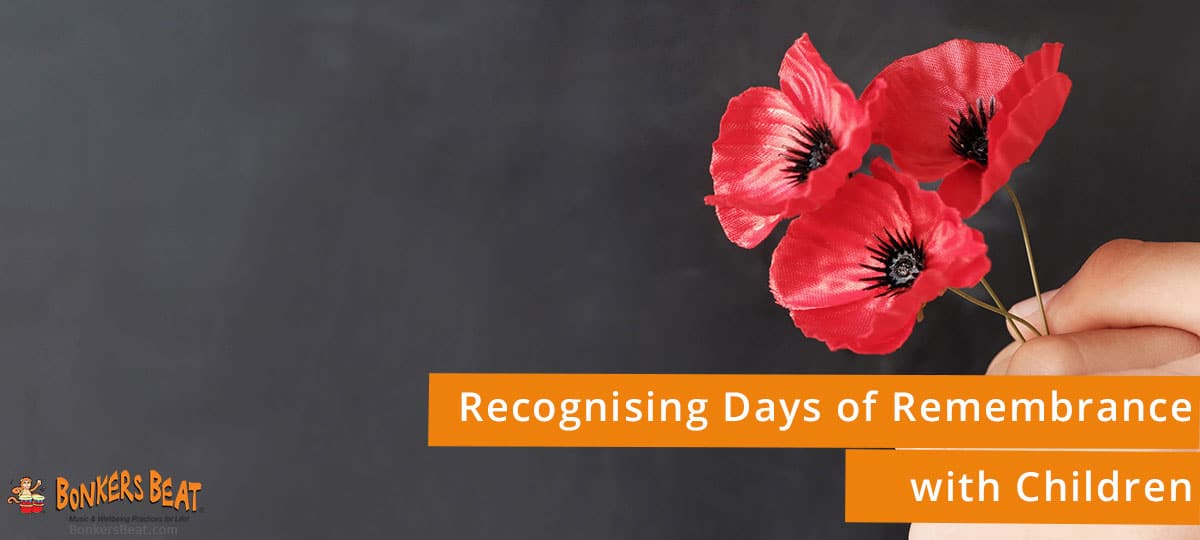Some Public Holidays and special days throughout Australia’s cultural calendar are straightforward to celebrate, such as Christmas and Easter. Others can be more complex for children to understand.
As early childhood educators, and as parents, it is important that we do our best to honour these important days that commemorate past tragedies and help children to gain some insight into what the day means and why we take time to recognise it.
ANZAC Day is coming up on Monday 25 April and this presents an opportunity to talk to children about Australia’s history, and about how countries have armies and soldiers to protect peace and freedom for our people.
Here are some simple questions and answers to share with children:
What is ANZAC Day?
ANZAC Day takes place on 25 April each year as a day for Australia and New Zealand to remember those who have fought and lost their lives in conflicts around the world. ANZAC is actually an acronym that stands for Australian and New Zealand Army Corps.
Why do we celebrate ANZAC Day on 25 April?
The ANZAC soldiers were volunteers who went to war to fight for freedom for our ancestors in the United Kingdom when Britain and Germany declared war on each other.. The 25th of April was the day that the ANZACs’ arrived in Gallipoli, Turkey in 1915.
What do ANZAC biscuits have to do with ANZAC Day?
The ANZAC biscuits were made for the soldiers to eat because they would last longer than bread due to containing no eggs or milk.
Why do we wear Poppies for ANZAC Day?
A Poppy is a flower worn as a reminder of the loss of any soldier at war. Other times, rosemary is worn.
Follow the link to get more inspirations for ANZAC Day craft and food ideas.
It’s possible that children may have some knowledge of wars between other countries which may come up during ANZAC Day discussions. Always begin by asking children what they already know and let them take the lead. Explain that any war and fighting are bad and should be avoided by negotiations and open discussions. Even for adults any war can seem confusing and complicated.
Children can tend to automatically villainise the parties they believe to be the ‘baddie’ in children’s terms. It can be a powerful opportunity to highlight that there are lots of wonderful people in every country around the world and that by coming together with people we can have hope and happiness.
The big subjects aren’t always the most fun to explore with children, but these conversations we have with children can go a long way to make the world a better place and help children feel safe and secure in the world.





